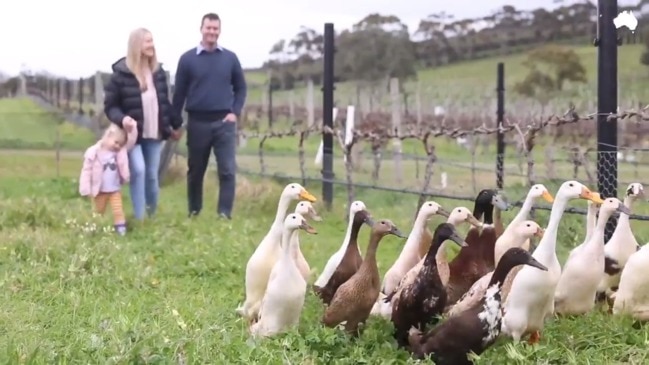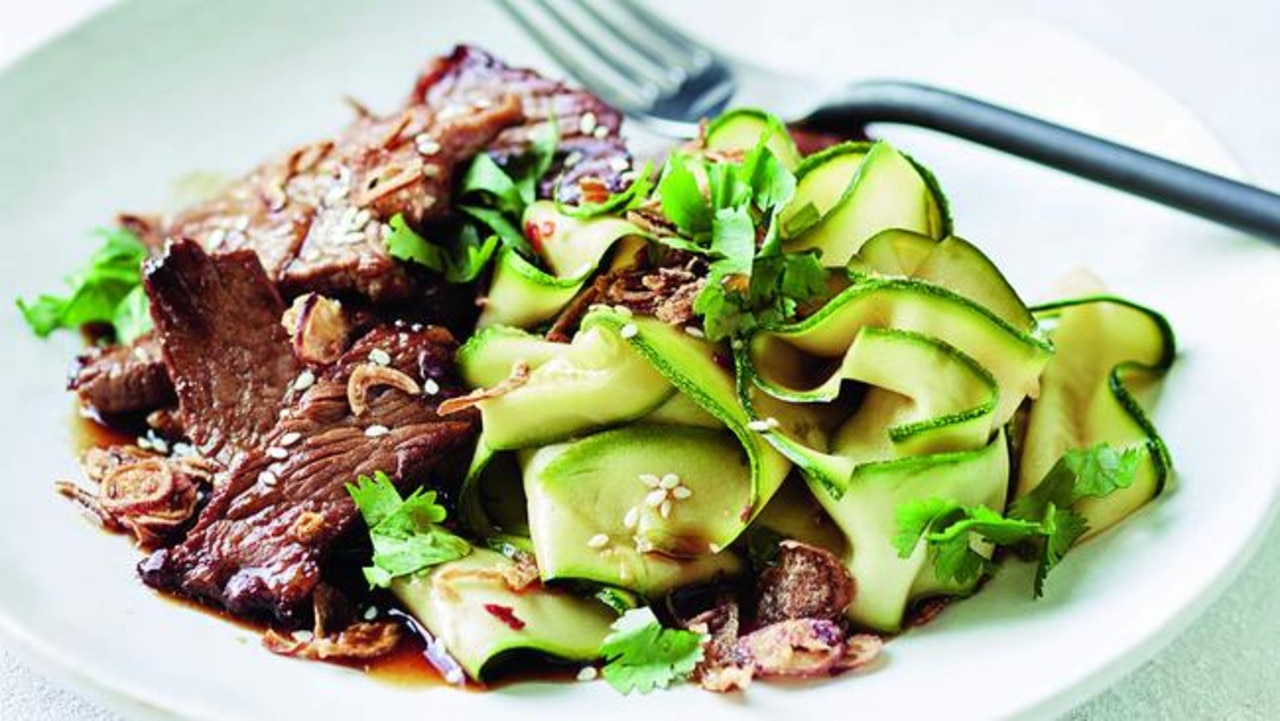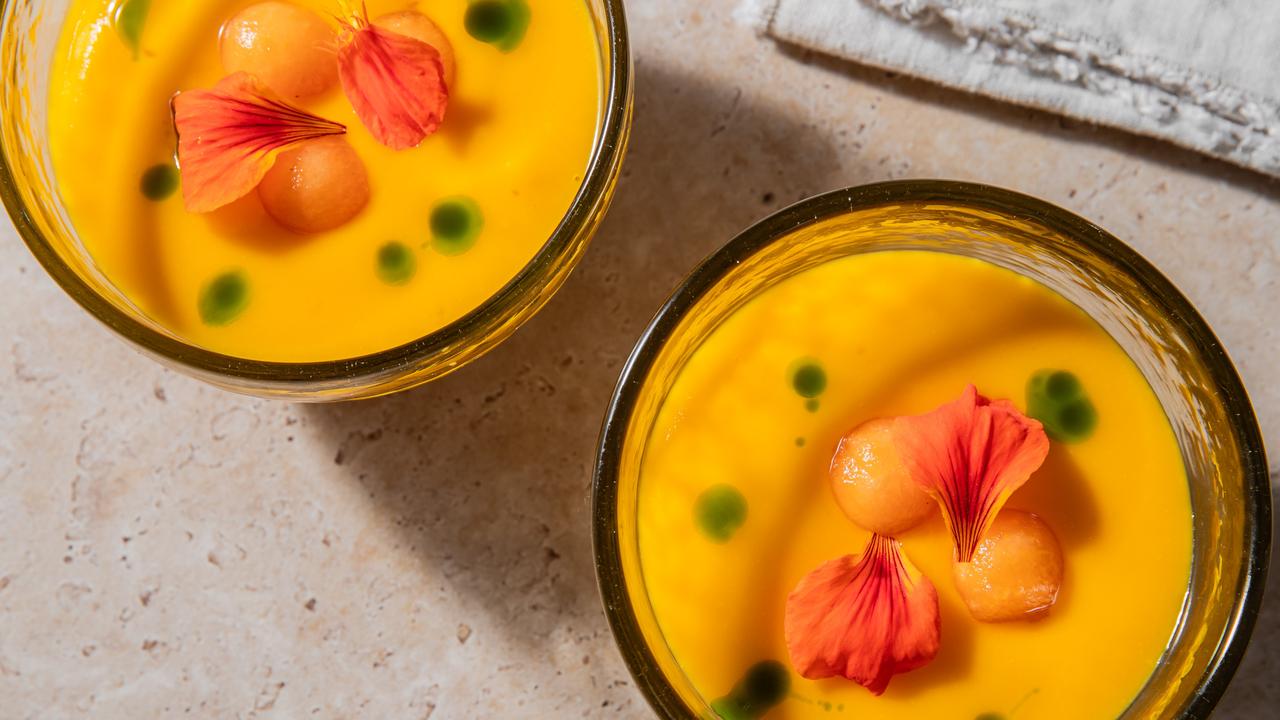Chemical-free pest control? Ducks fit the bill for organic winery
In 1886 William Angove established a vineyard at Tea Tree Gully in South Australia, making wine as a tonic for his patients.

In 1886, Cornwall-born doctor William Angove established a vineyard at Tea Tree Gully in South Australia, making wine as a tonic for his patients.
It’s now 133 years on, and Dr Angove’s great-great-grandson, Richard Angove, has returned the vineyard to the more natural way of farming done then — with the help of Indian runner ducks.
Over the past 12 years, Mr Angove and his sister Victoria, who run the 150-employee family-owned enterprise covering 410ha, have adopted organic practices.
Angove Family Winemakers’ vines are now all organically managed and will be certified so next year, part of a rapidly growing market for organic wine domestically and for export.
Mr Angove said it could be done at his vineyards at Renmark and McLaren Vale because they had a warm and dry climate, meaning vines were less susceptible to disease than in wetter, cooler locations.
“We saw that we had been growing grapes for 120-odd years, and we were looking at the health of our vineyards — we want to keep going for another 100,” he said. “We also want to make great tasting wines.”
Various approaches to replace chemicals with natural alternatives worked reasonably well, Mr Angove said, such as using organic seaweed mixes rather than processed nitrogen as fertiliser.
But snails, which attack the vines, remained a problem. As they went organic, the Angoves stopped using pesticide snail baits and employed workers to pick up the snails and move them elsewhere — a labour-consuming operation involving transporting a tonne of snails a year. Then Mr Angove came across a video of how Indian runner ducks were put to work eating snails on vineyards in South Africa.
He acquired an initial 10 such ducks, which, as their name implies, move pretty fast — considerably faster than snails, anyway.
“They just did an amazing job at eating the snails, they come out in the morning and annihilate them,” Mr Angove said.
Now 30 ducks are allowed to roam a fenced-off section of vineyard for three or four days, after which the fences are moved to the next section.
Mr Angove said it cost 25 to 30 per cent more to run a vineyard organically but there was a price premium on organic wines.
Organic wines do particularly well in export markets, being worth $31m in 2018, or 5 per cent of total wine exports, according to the Australian Organic Market Report 2019.
Exports account for about 30 per cent of Angove’s turnover.
The total value of the organic market in Australia for Australian produced goods is estimated to be $2.6bn, reflecting a compound annual growth rate of 13 per cent since 2012.



